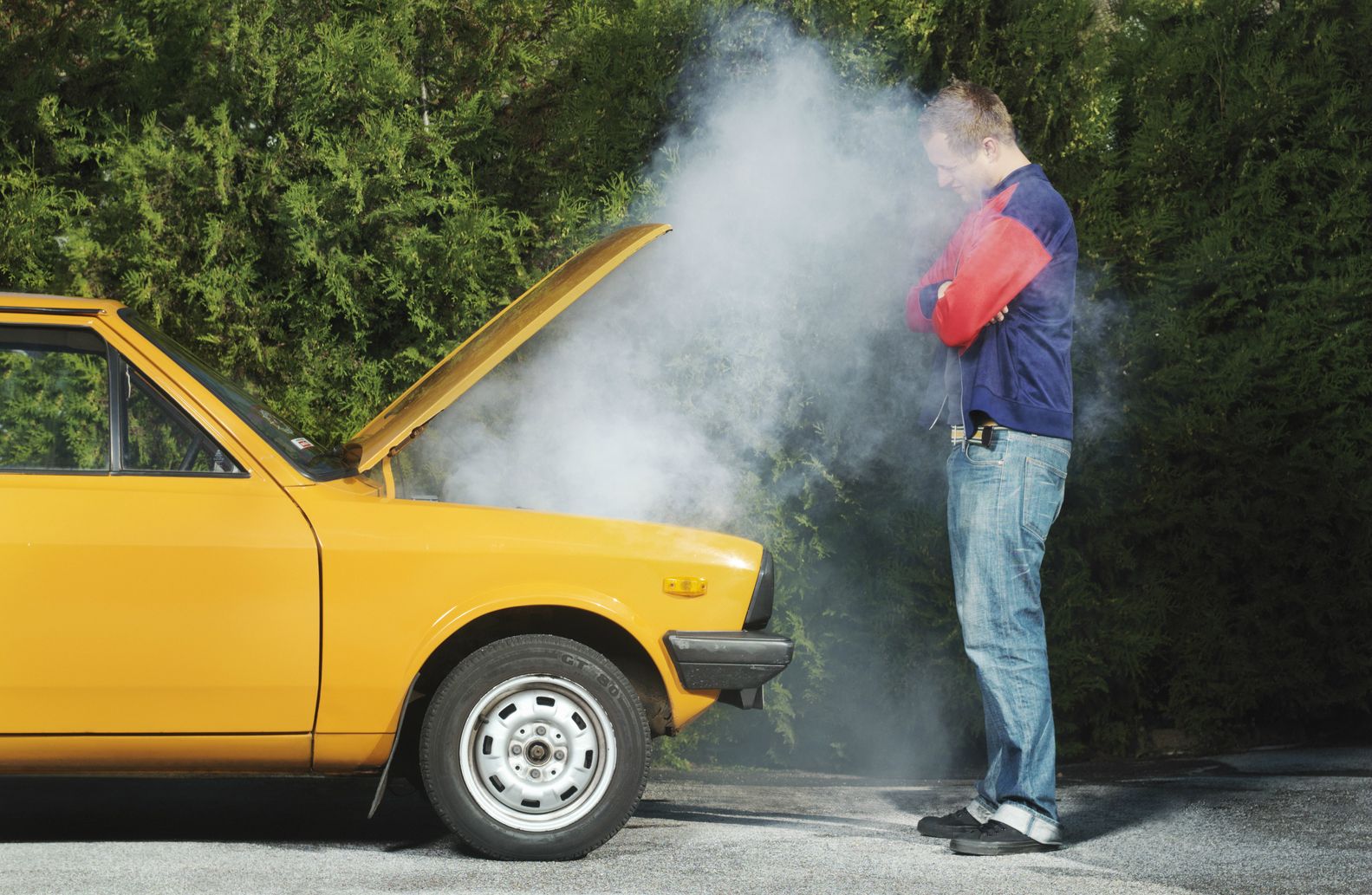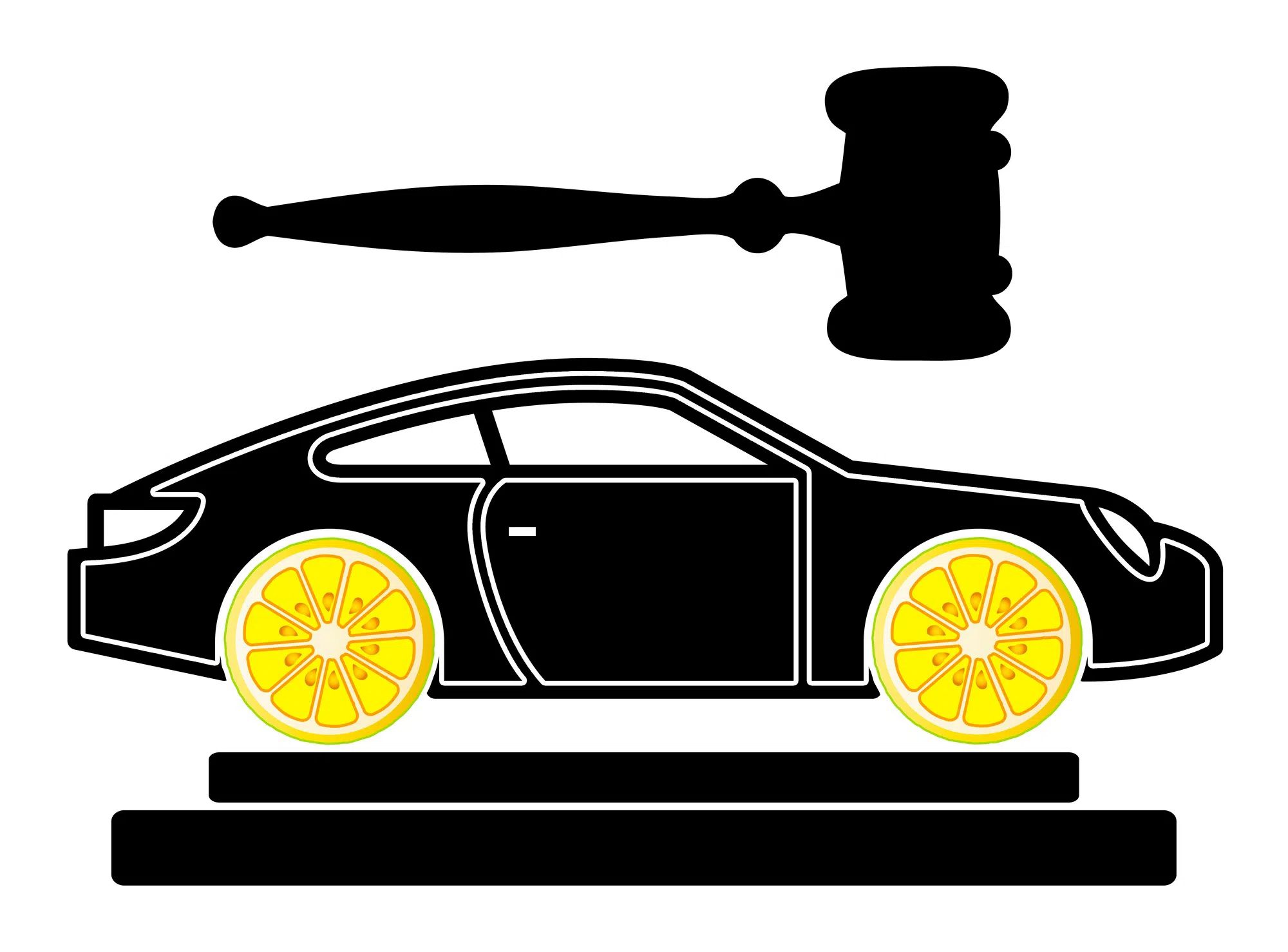Every industry has its own unique jargon, words or terminologies that have proven very useful in describing situations or products within that space. Take the word ‘lemon’ in the automobile segment, for example. Describing a car as a lemon has very little to do with the colour and all with the ownership experience. A lemon car typically refers to a vehicle with defects that the manufacturer is unable to fix, at least not without a complete redesign or overhaul.
In the early twentieth century, lemon was used to refer to a defective product or an item with a lower value than was previously thought. There is no official origin of this correlation on record. However, the logical assumption here is that parallels could be drawn between the sourness of the lemon fruit and the unpleasant feeling of being handed a bad deal.
In time, lemon also described worthless or defective cars in automotive circles. However, the word gained traction in the ’60s following increased vehicular quality and safety awareness. A popular Volkswagen Ad around that period, which featured the word ‘lemon,’ also helped cement the word in automobile vocabulary.
What are Lemon Laws?
Via Sierralitigation
According to the International Organization of Motor Vehicles Manufacturers (OICA), over 80 million vehicles were manufactured in 2021. There’s zero chance that every car that rolls off the assembly line will be defect-free. Yes, lemons are not that common, but they exist and can be a great concern. The National Highway Traffic Safety Administration states that, on average, 150,000 new cars are sold yearly in the United States with repeated, unfixable issues. That’s a lot of consumers with problematic vehicles.
Via AutoEvolution
Thankfully, legal options exist for consumers who end up with lemons in the United States. There are Federal and State legislation that can help consumers who get stuck with these defective vehicles. These legal provisions are commonly referred to as lemon laws. In addition to the Federal lemon law, all 50 states also have some form of lemon law that affected consumers can leverage to seek compensation.
In 1982, the first lemon law in the United States was passed in Connecticut by John J. Woodcock III. This happened after a district resident claimed to have spent $7,000 on a new vehicle that turned out to be a lemon. Connecticut’s lemon law was formally titled, ‘An Act Concerning Automobile Warranties.’ It helped strengthen legal protection for those with faulty vehicles and also estimated established time limits for dealers and manufacturers to fix defects covered under warranty. In addition, it also laid out explicit provisions concerning the next course of action if the defect could not be fixed after a number of attempts.
John J. Woodcock III was a leading advocate for consumer protection. Apart from the lemon law for new vehicles, he also successfully passed legislation for used cars and another against odometer tampering.
Lemon Laws across America
It is essential to understand how lemon laws work in other to benefit from their provisions. To qualify under most state laws, the vehicle in question must satisfy two main criteria.
- There must be a substantial defect covered by the warranty that occurred within a certain period of time or mileage after you bought the car.
- The defect persists after a reasonable number of repair attempts.
The key phrases to note here are ‘substantial defect’ and ‘reasonable number of repair attempts.’ A substantial defect is an issue under warranty that negatively impacts the vehicle’s value, safety or use. Based on this, issues like braking or suspension failures will often qualify. However, a loose stereo dial would not be considered as a basis for a lemon law claim. Also, issues that arise from the owner’s negligence, accidents or unauthorized repairs and modifications are not covered under lemon laws.
It is only fair to give manufacturers a reasonable opportunity to correct the defect. However, it does not mean that the consumer has to keep returning to the workshop to fix the same issue. Lemon law statutes typically use a set number of attempts to determine what constitutes reasonable repair attempts, and it’s not necessarily the same for every state. For example, to qualify as a lemon under Illinois lemon law, the car must have been through at least four attempts to correct the issue. In Tennessee, the number of attempts drops to three, while it increases to five or more in Arkansas.
In California, a vehicle qualifies as a lemon if there have been four unsuccessful repair attempts or if it has been out of service for 30 days (not necessarily in a row) to repair any problems covered by warranty. However, under Californian lemon law, two unsuccessful repair attempts may also be the basis to file a claim if the defect is a safety issue likely to cause death or serious injury within 18 months or 18,000 miles after purchase. See also: an in-depth guide to California’s lemon laws for a deep-dive into how the lemon law operates in California.
It is important to note that while every state has some form of lemon law statute, its application varies from state to state. Some states only have the bare minimum provisions regarding lemon laws, while others have much more comprehensive lemon law legislation. For example, states like Arizona, Massachusetts and Connecticut also have lemon law provisions that extend to used vehicle buyers.
The Federal Lemon Law
Via Capital One
The federal lemon law is also known as the Magnuson-Moss Warranty Act. It governs the content and regulation of consumer product warranties. Like the state lemon laws, the Magnuson-Moss Warranty Act protects consumer rights by spelling out the obligations of warrantors who offer written warranties on their products.
This law can be applied in situations where the conditions relevant to a state lemon law have not been met, further broadening the options available to a consumer with a lemon claim.
How do Lemon Laws protect you?
Via Thelemonattorney
There are a number of outcomes from a successful lemon law claim.
The manufacturer can:
- offer to repurchase the car
- offer a replacement vehicle of similar value
- offer a cash settlement
Whatever the option, the end result is to compensate the consumer and ensure they have not been taken advantage of by the manufacturer or dealer.
It is important to engage the services of legal professionals when filing a lemon law claim. They can steer you clear of any loopholes and ensure you get the maximum compensation possible under the applicable lemon laws.















